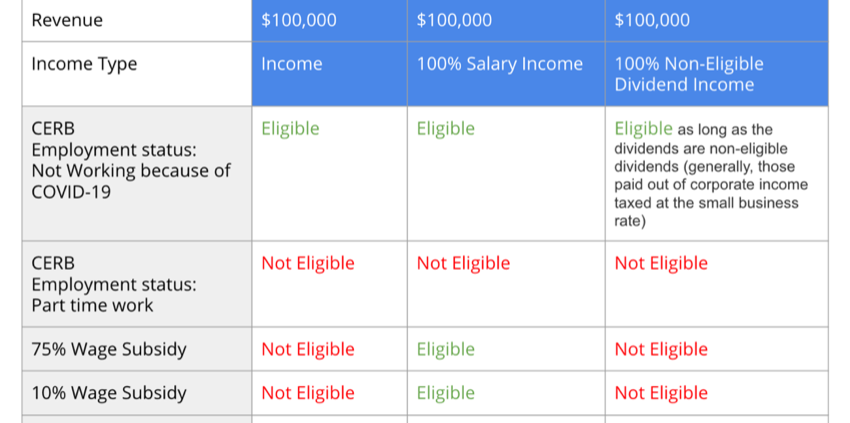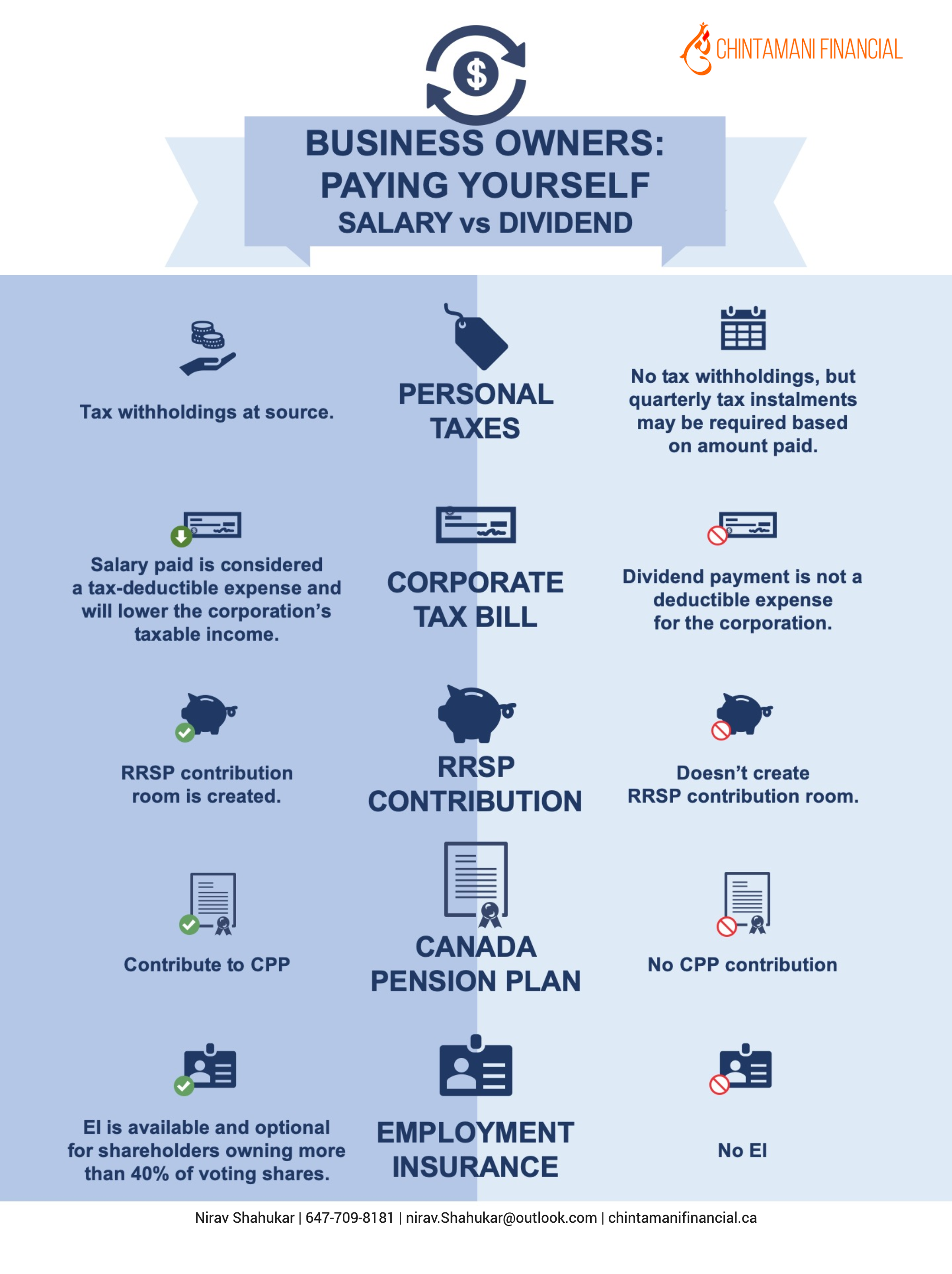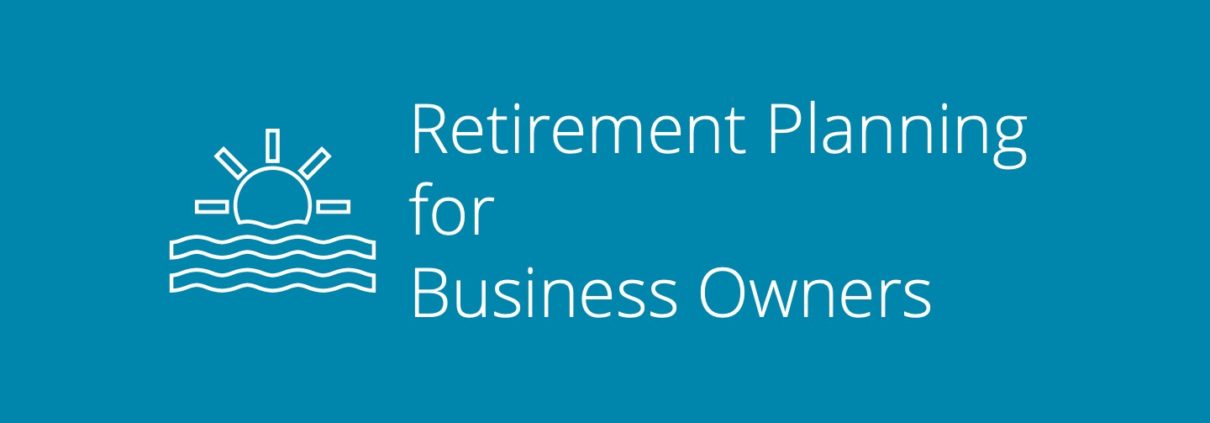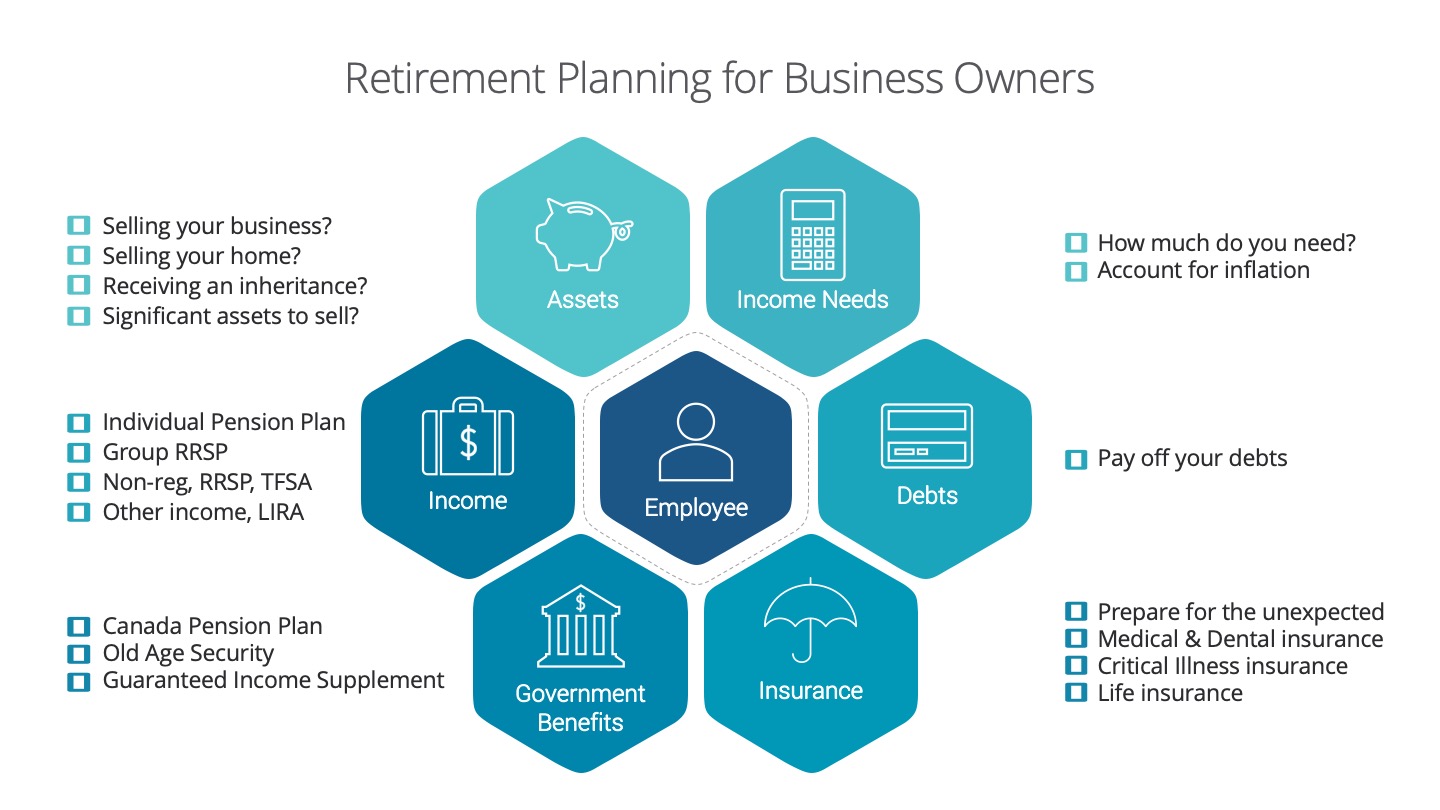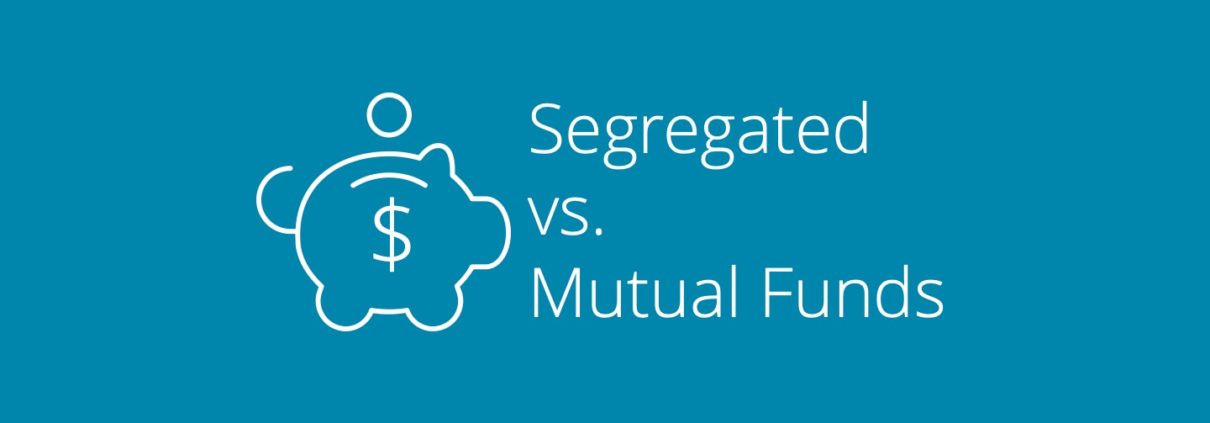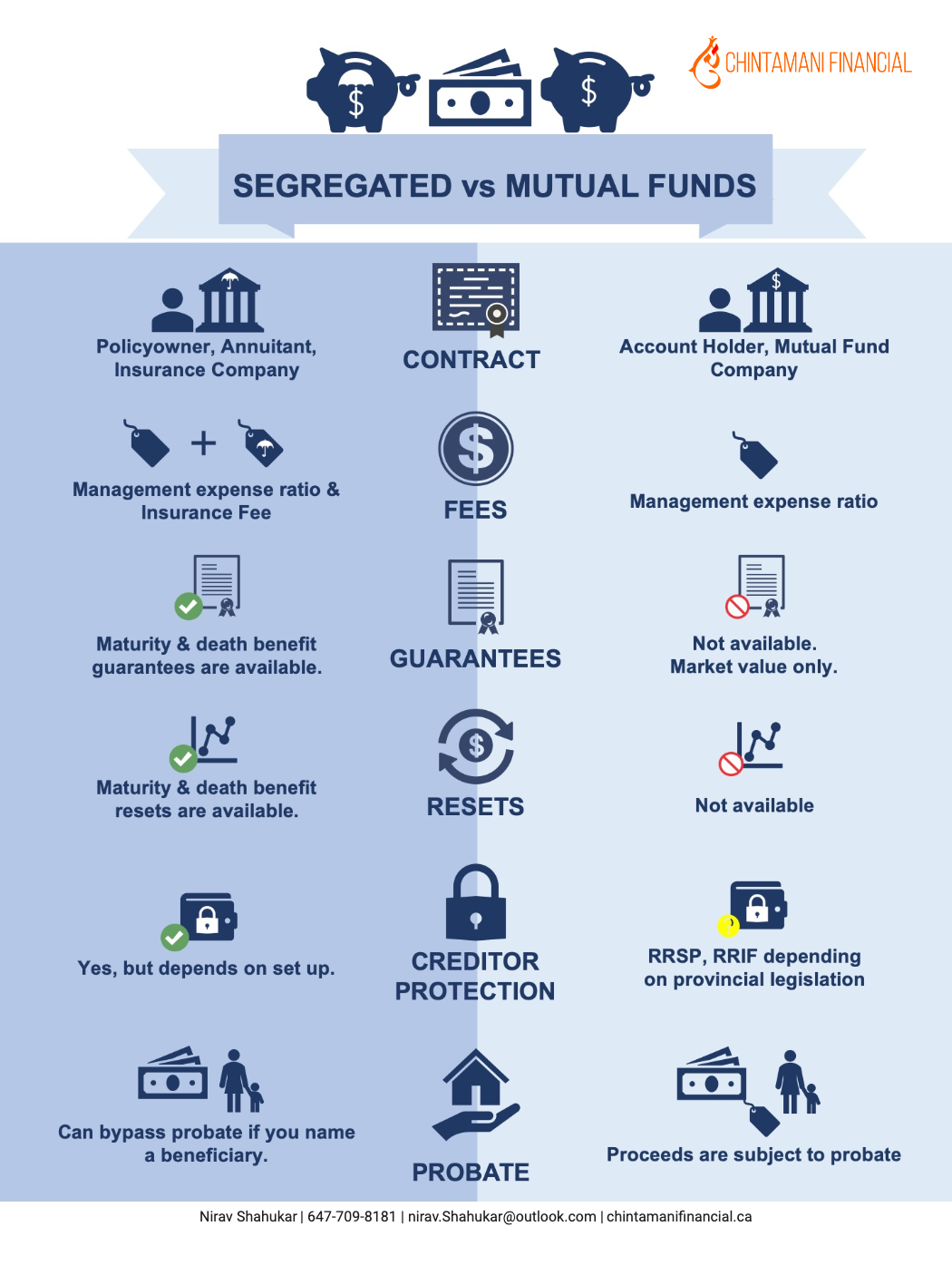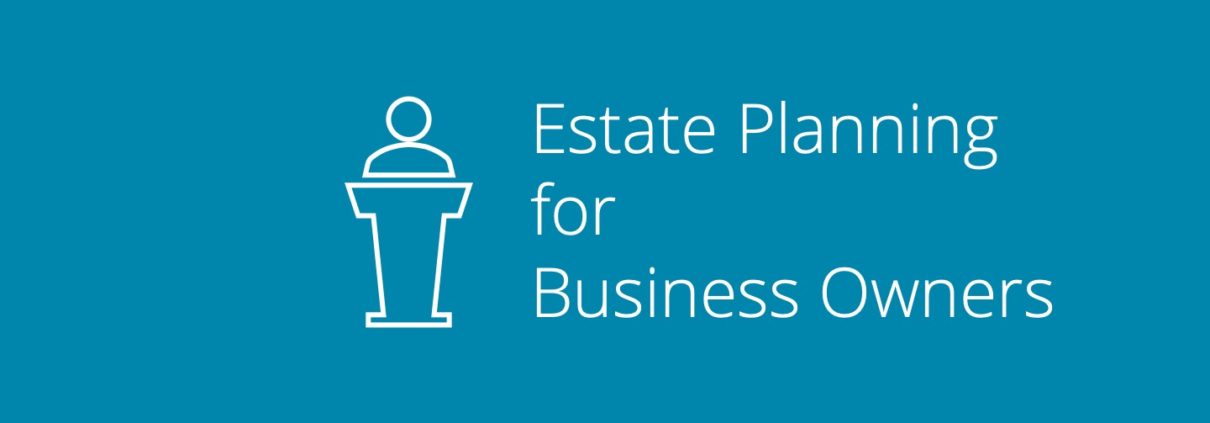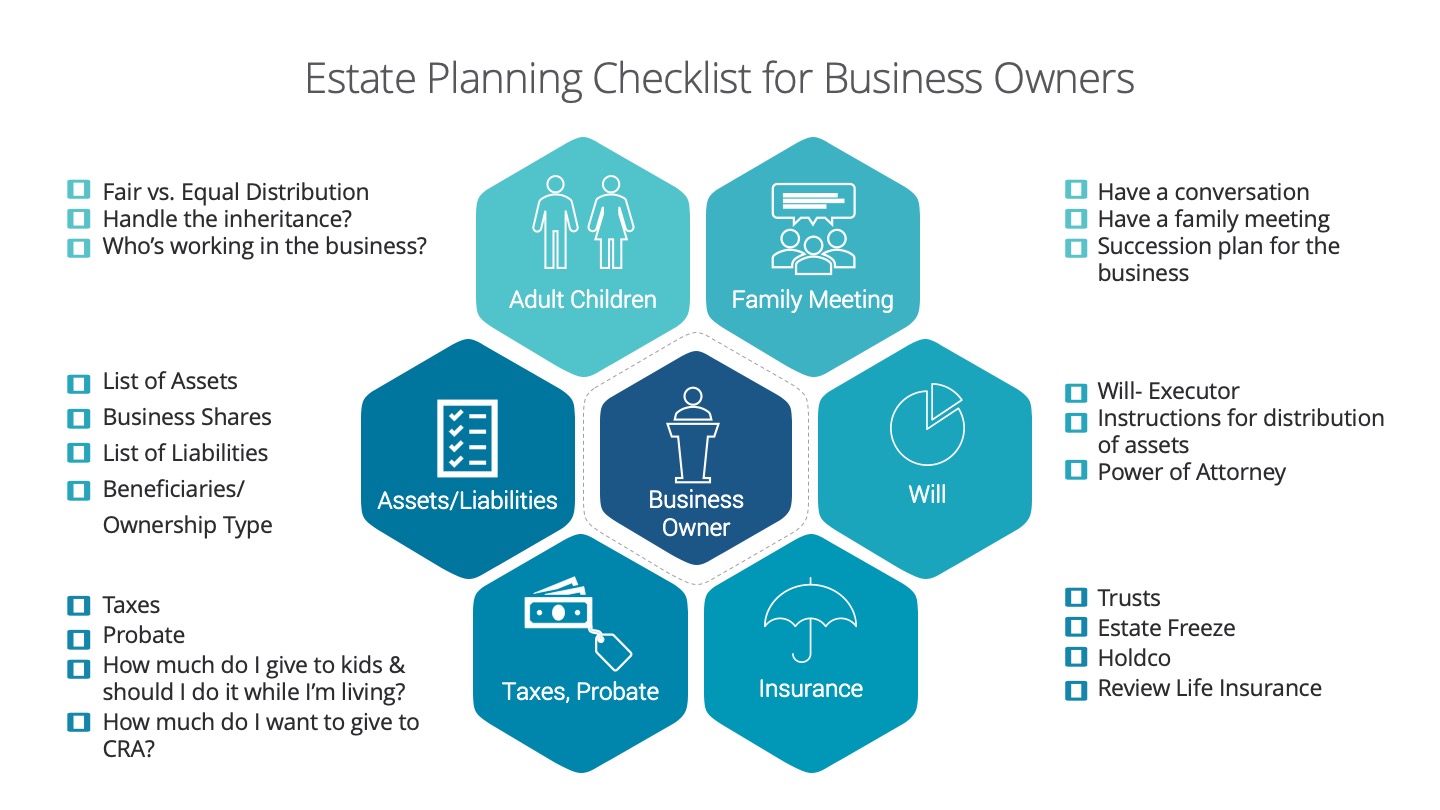Applications for the Canada Emergency Business Account starts TODAY!
The new Canada Emergency Business Account (CEBA) is available starting TODAY and is available through major banking institutions: TD, Scotiabank, BMO, CIBC, RBC, National Bank, HSBC and Canadian Western Bank.
The CEBA will provide interest-free loans of up to $40,000 to small businesses and not-for-profits, to help cover their operating costs during a period where their revenues have been temporarily reduced until December 31, 2022. Up to $10,000 of that amount will be eligible for loan forgiveness if $30,000 is fully repaid on or before December 31, 2022.
Eligibility
Organizations will need to demonstrate they paid between $50,000 to $1 million in total payroll in 2019
How do I apply?
Prior to applying, please make sure you have this information readily available:
-
Canada Revenue Agency Business Number (BN 15 digits)
-
2019 T4 Summary of Remuneration Paid (T4SUM)
Apply online at the financial institution your business banks with:
-
BMO: https://www.bmo.com/small-business/financial-relief-loc/#/login?PID=MBLBC&language=en
-
National Bank: https://www.nbc.ca/forms/business/covid-emergency-account.html
-
Canadian Western Bank: https://www.cwbank.com/en/news/2020/canada-emergency-business-account-now-available (via phone/email)


